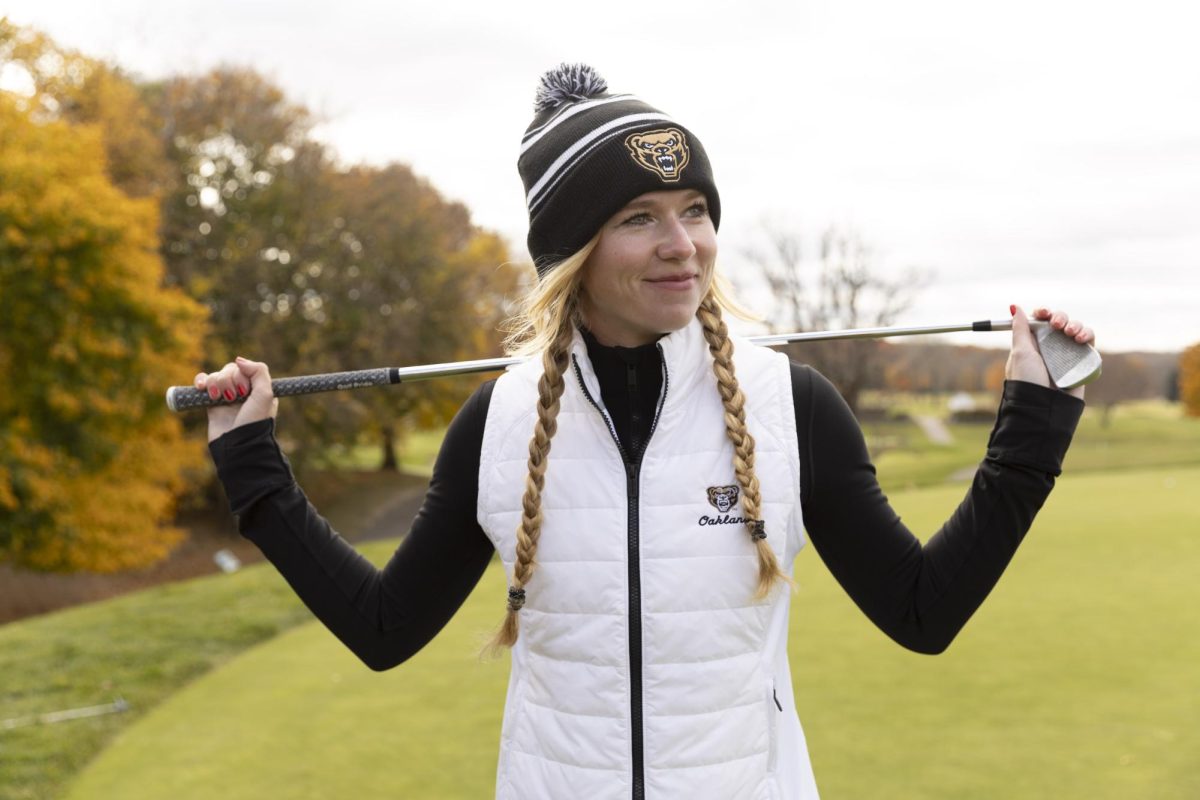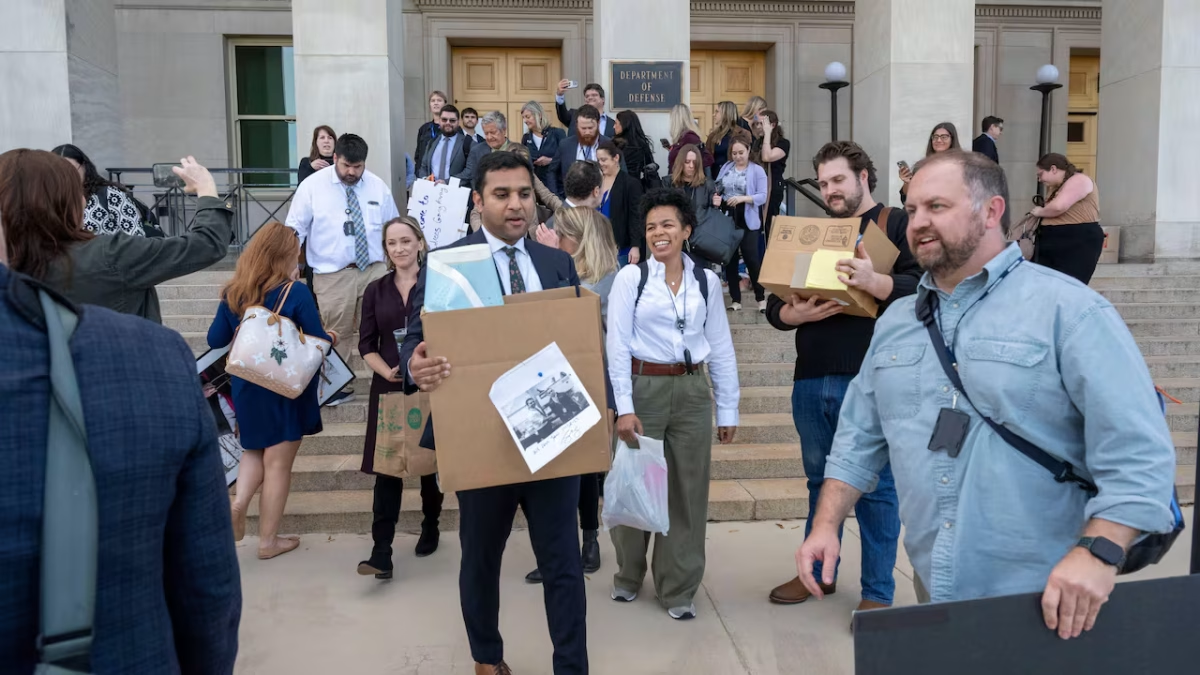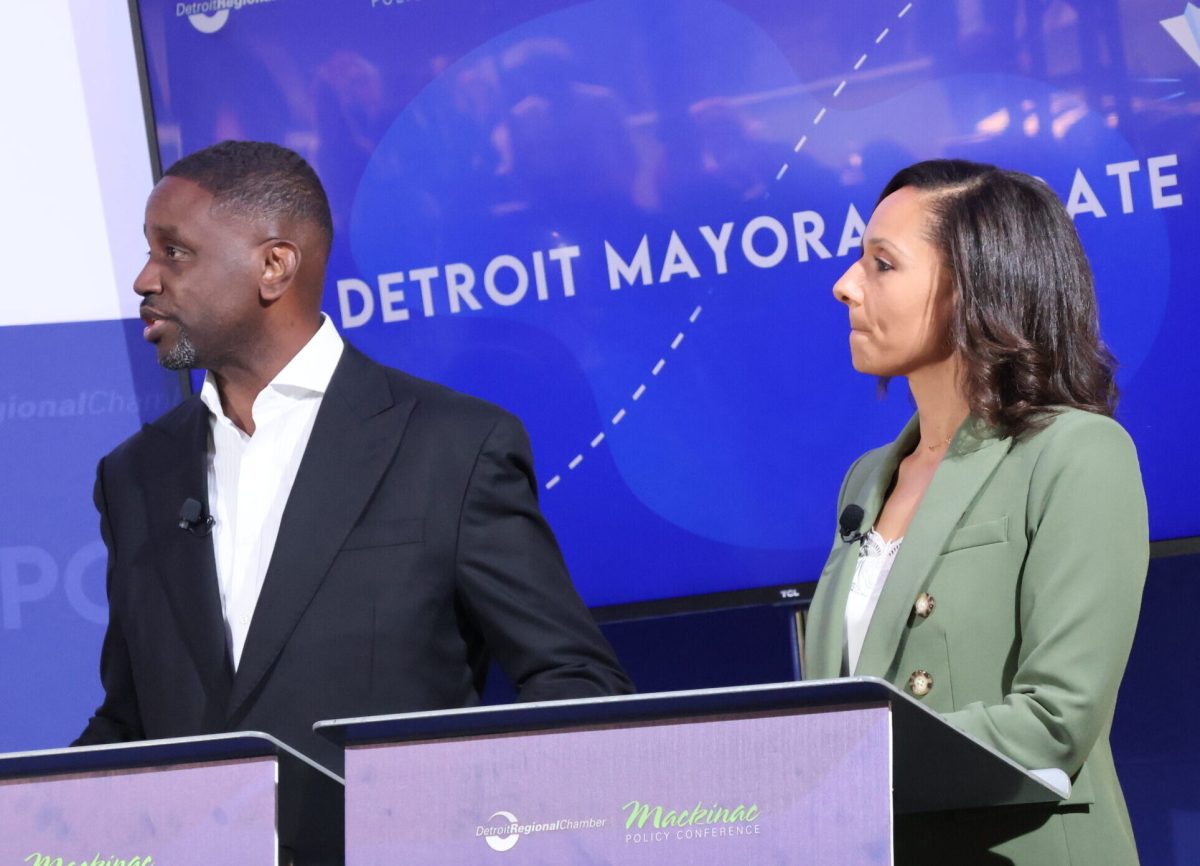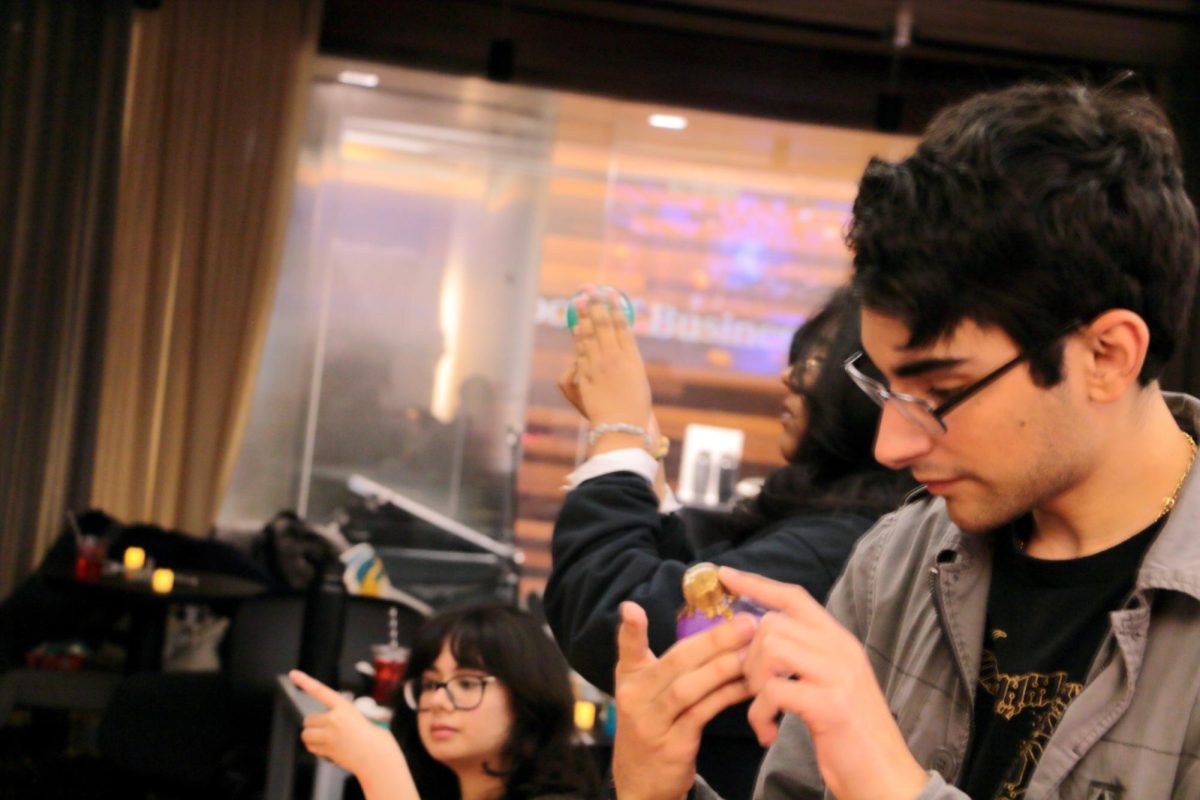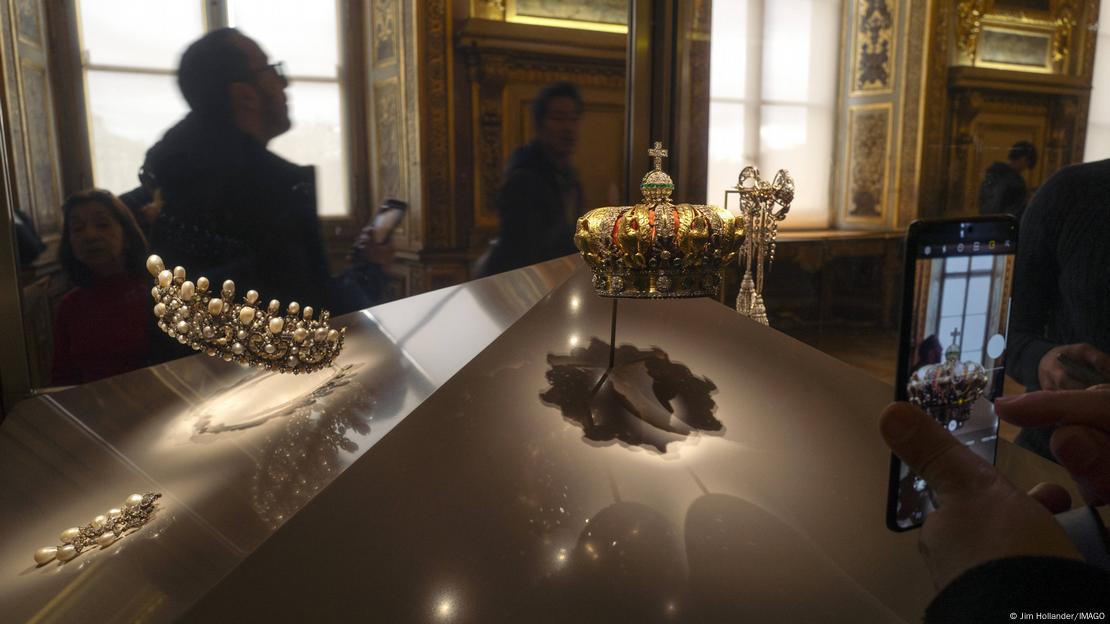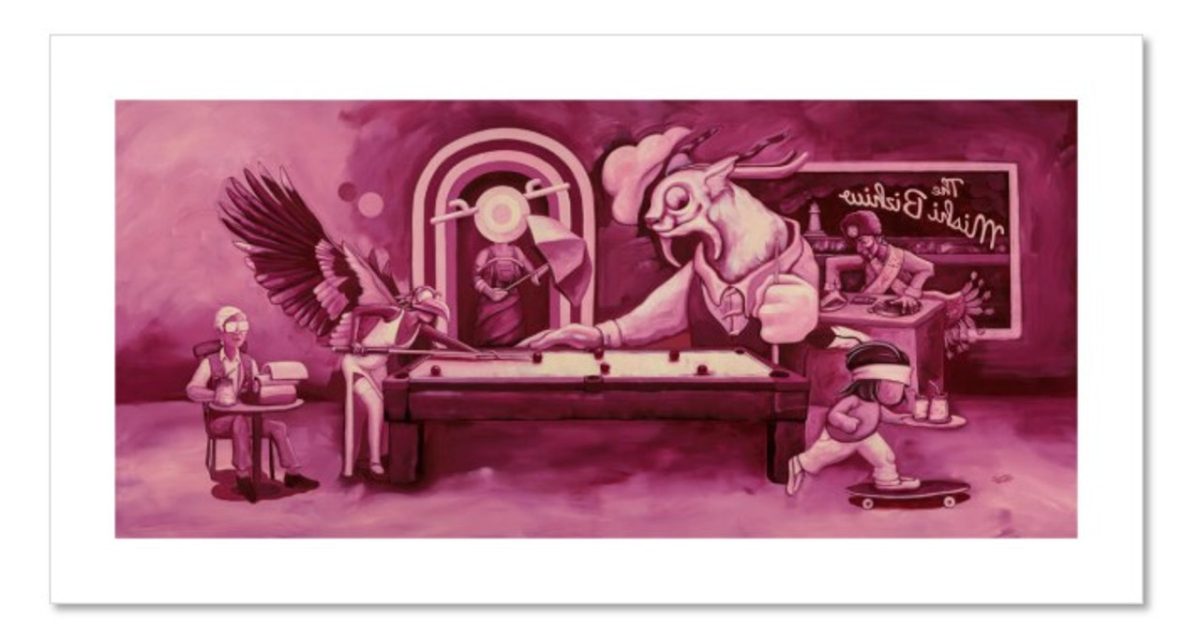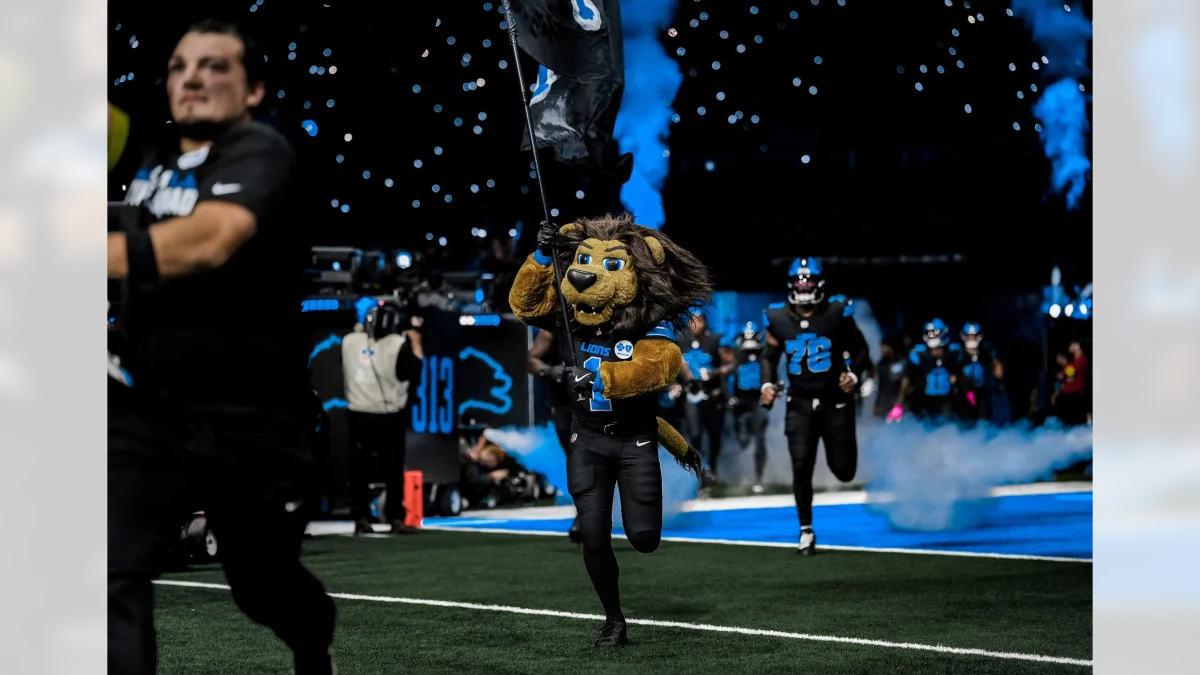As election season draws to a close, nearly everybody seems to be sharing their political views. Pop stars endorse this candidate, actors support that candidate and athletes support another.
While it may feel like everybody is starting to use their platform to influence social change, it isn’t exactly new. If you go back eight years to 2016, NFL quarterback Colin Kaepernick demonstrated against police brutality and racial injustice in the United States by kneeling during the national anthem. Players across the entire league joined him as the season went on.
After the 2016 season, when Kaepernick was a free agent, he went unsigned and continued to be left off rosters even though his talent seemed to be that of a starting-caliber quarterback. Kaepernick continued to be involved in activism following his exit from the NFL.
Or we can look back to 2018 when Laura Ingraham, a journalist and show host on Fox News, said Lebron James should “Shut up and dribble” after he made comments on then President Donald Trump and growing up black in America.
We can even go back to 1967, when Muhammad Ali, nicknamed “The Greatest,” refused to fight in the Vietnam War. Ali was strongly against fighting for a country that was racist and prejudiced against him.
Evidently, athletes speaking out for social justice and their beliefs is nothing new. But in an age where the internet and the media reign supreme over honest, factual information, there is some danger in putting too much stock into what our favorite athletes have to say.
I reached out to multiple Oakland athletes to find out where they stood on the issue.
“No, they don’t have a responsibility because some people don’t want their opinions to overrule who they truly are,” men’s basketball player Isaiah Jones said. “Not everything has to be said or shown to make a difference; silence can always make a difference.”
It’s a very interesting notion; I further asked him how silence can be beneficial, and he explained that people would seek out information and form their own opinions instead of following others.
Women’s golfer Grace Boczar was one of the only athletes firmly against famous athletes speaking out.
“Professional athletes should stick to what their job is. They should not be commenting on matters they aren’t experts in,“ Boczar said. “Although their intentions may be good, their lack of expertise in such a complex subject could lead to oversimplified or misguided opinions. People should focus more on actionable policies over celebrity endorsements.”
Echoing a cautious stance, Bhavneet Sohal of the men’s golf team added his take.
“If they wish to, that is up to them completely,” Sohal said. “But with that being said, just because you are an outstanding player doesn’t make you the moral compass of society or a beacon of light for others to follow.”
Other players, like Karel Subagyo of the men’s swim team, pointed out the damage that could be done to a team when some players speak out and others don’t.
“If a certain athlete publicly advocates for a politician who has controversial policies, even if other members of their team don’t agree with him, people may think that the entire team also aligns with his views,“ Subagyo said.
Not only is it damaging to the team, but if an athlete decides to remain silent on a topic or not publicly express their beliefs, they can be branded as holding a certain belief just because they don’t speak out.
Buru Naivalarua of the men’s basketball team agreed with a lot of what Subagyo had to say.
“If you haven’t said anything, then it shouldn’t mean anything because some people prefer to keep their opinions private, and that’s okay, too,” Naivalarua said.
Naivalarua generally supported athletes’ freedom to speak out, but like other OU athletes, he acknowledged the dangers of this freedom.
“They should also feel just as free to say nothing if they choose to,” Naivalarua said. “Deciding not to publicly speak out on something doesn’t mean you do or don’t have an opinion.”
Wesley Hollowell of men’s track and cross country was all for athletes speaking out but again acknowledged the danger.
“The more influential someone becomes; the more people instantly trust them without fact-checking. People begin to blindly follow these influencers without taking a broad range of information,” Hollowell said.
The issue is further complicated by endorsement deals and NIL deals for college athletes.
“No one has told me to be careful, but I’m sure some [sponsors] would have their certain thoughts if I were to [voice my] support,” Jones said. “Business owners and their egos can go a long way with stuff like that because they can end the deal depending on the contract anytime.”
Tyler Linkhart of the volleyball team offered a powerful thought that served as a good ending point for the discussion.
“The beauty of sports is that, more often than not, they bring people together,” Linkhart said. “Bringing politics into this already competitive environment can easily become a place of judgment and close-mindedness.“
Many Oakland athletes supported famous athletes speaking out and advocating for social change, but they didn’t believe that they held any obligation to do so. Many also acknowledged the dangers of putting too much importance on celebrities’ opinions, saying that people should do their own research instead of following what their favorite athlete thinks.



